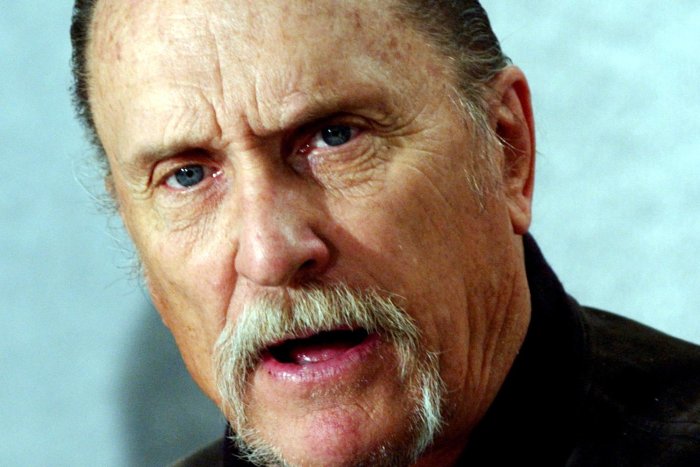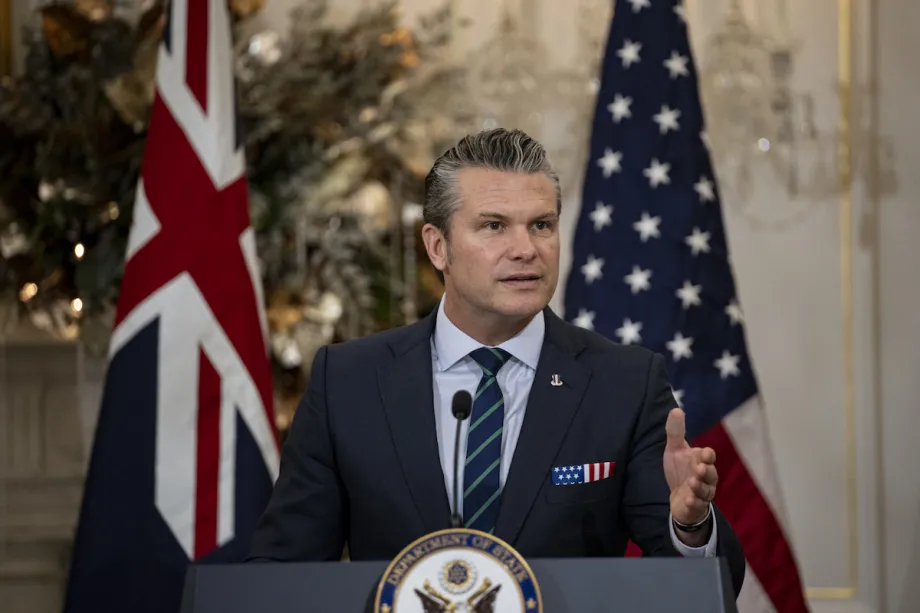A cabin crew member met the love of her life on a flight to Tenerife after he helped her in an awkward moment – the couple are now happily married and about to celebrate their 25th Valentine’s Day together
Back in June 2001, flight attendant Alexis Milford-White went to work as usual, expecting nothing out of the ordinary as she boarded the TUI flight to the Canary Islands. Ready, as always, to assist her passengers.
Little did she know she was about to meet her future husband Stuart at 30,000 feet in the sky while he was heading off on holiday with his friends.
One simple act of kindness on his part “broke the ice” and the pair began meeting up regularly. Just two months into their fledgling relationship, Alexis was struck down with a debilitating illness, which is when Stuart really proved their love was the real deal.
READ MORE: Man buys every scratch card on Ryanair flight and winnings floor himREAD MORE: UK tourist pulled off plane in Mexico and left stranded after ‘admin error’
It was during a routine Boeing 757 flight from Manchester airport – where 32-year-old Alexis was based – to Tenerife that the lovebirds first encountered each other. Stuart, 24, was sitting in the emergency exit row and travelling on holiday with friends. He’d already struck up a conversation with the cabin crew member who had caught his eye when an unfortunate, clumsy moment saw him step in to save her blushes.
“We got chatting throughout the flight, and at one point he even helped me when I dropped the money from duty-free sales all over the cabin floor,” Alexis said. “It was one of those moments that just broke the ice”.
Thankfully, Stuart acted on his feelings and asked for Alexis’ phone number, messaging her shortly after, even though he was soaking up the sun with his pals. “Three days later, I got a text from Stuart, and that was it,” she said. “We stayed in touch throughout his holiday and would talk on the phone for hours, sometimes up to 12 hours at a time.”
Alexis, who had dreamed of being a flight attendant since she was a little girl, landed her role after taking a leap of faith and quitting her bank job. She believed her career path was “meant to be,” just as when she managed to work on Stuart’s return flight home from Tenerife, which she said “felt like fate.”
During the journey, the pair had the chance to make plans to meet when they got back in the UK. Although there was some distance between their homes, with Stuart living in Birmingham and Alexis in Preston, they made sure they hooked up weekly.
However, it was after just two months into their new and exciting relationship that Alexis became seriously ill with a spinal bacterial infection, which meant she could no longer walk. Such a debilitating health battle, with the challenges it brought, may have signalled the end for many new couples. But it only cemented their commitment.
Alexis was forced to give up work for a long time as she learnt to walk again using water rehabilitation, but Stuart was right there by her side. “Without hesitation, Stuart left his training in Birmingham to come and be with me,” she said. “He was an amazing support and it became clear very quickly we were meant to be together.”
After six months, he moved in with Alexis, and the huge Disney fans married in 2004 at Disney in Florida. They’ve been inseparable ever since and are about to celebrate their 25th Valentine’s Day together.
Alexis is now back working for TUI and thinks her travelling means they make the most of their time together. “We’ve had our ups and downs like any couple,” she said. “But if it wasn’t for that flight, we wouldn’t be together. I went to work that day thinking it was just another shift, and instead, I met my husband, and he’s my rock. Even after all these years, it still amazes me that love found us in the sky.”








